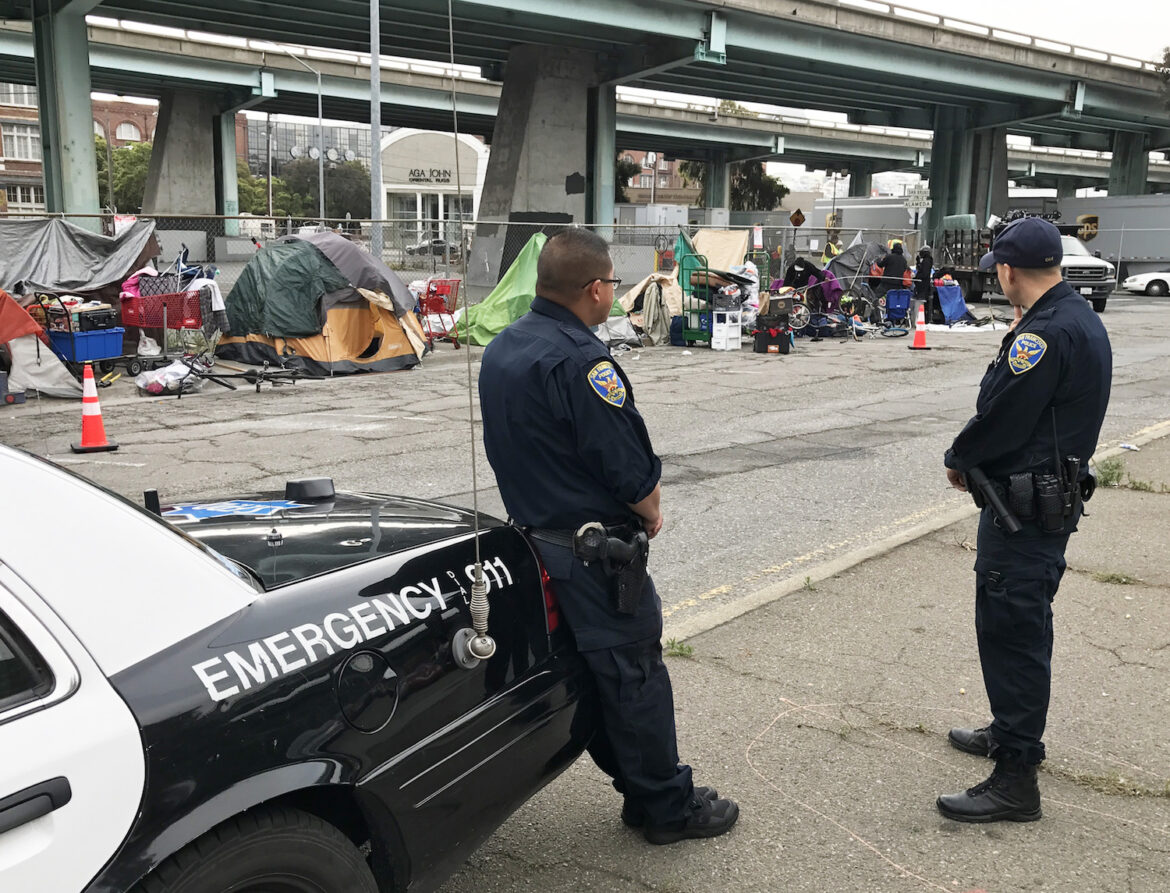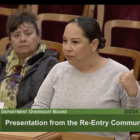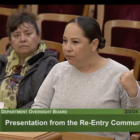Homelessness across America was projected to increase up to 45% this year because of pandemic-related job losses according to an analysis from a Columbia University professor. People without any kind of shelter are already at risk of worse health and may have difficulty accessing care. Researchers at the Urban Institute have been looking into how effective various responses to homelessness are. In a series of blog posts, they issue a warning against a punitive response to homelessness and recommend other ways to respond to homelessness, especially in the context of the coronavirus pandemic that threatens millions of people’s livelihoods and housing stability. Samantha Batko, a senior research associate in the Metropolitan Housing and Communities Policy Center at the Urban Institute, said a “housing-first” approach, which prioritizes giving homeless people stable housing before other interventions, is the most effective.
“This is really exemplary of the experiences of a lot of people who are forced to live outside: They don’t have any rights to the space that they’re in and oftentimes they’re forced to move because of the complaints of housed neighbors nearby or businesses. They frequently lose everything that they own and there are little real resources offered to them in terms of helping them exit homelessness.”
— Samantha Batko
A segment from our radio show and podcast, “Civic.” Listen at 8 a.m. and 6 p.m. Tuesdays and Thursdays at 102.5 FM in San Francisco, or online at ksfp.fm, and subscribe on Apple, Google, Spotify or Stitcher.










